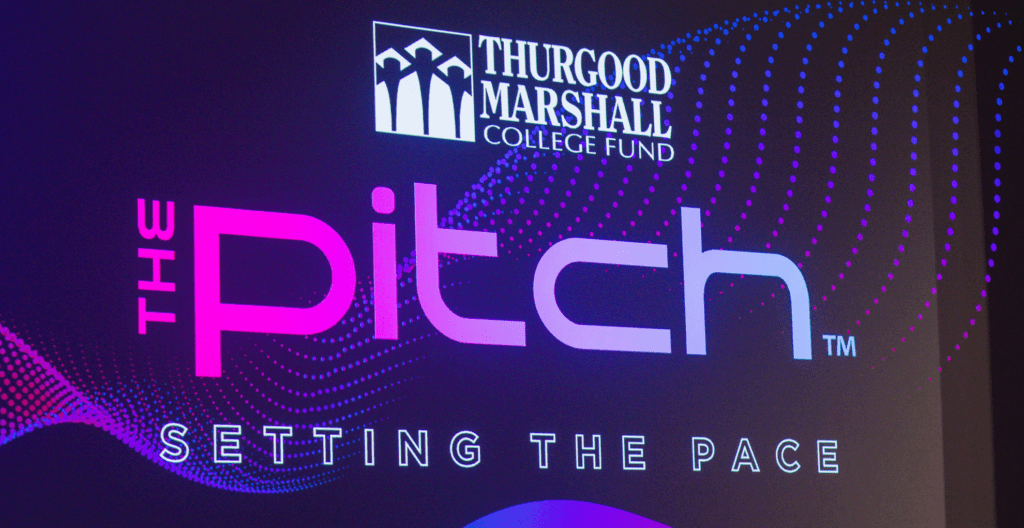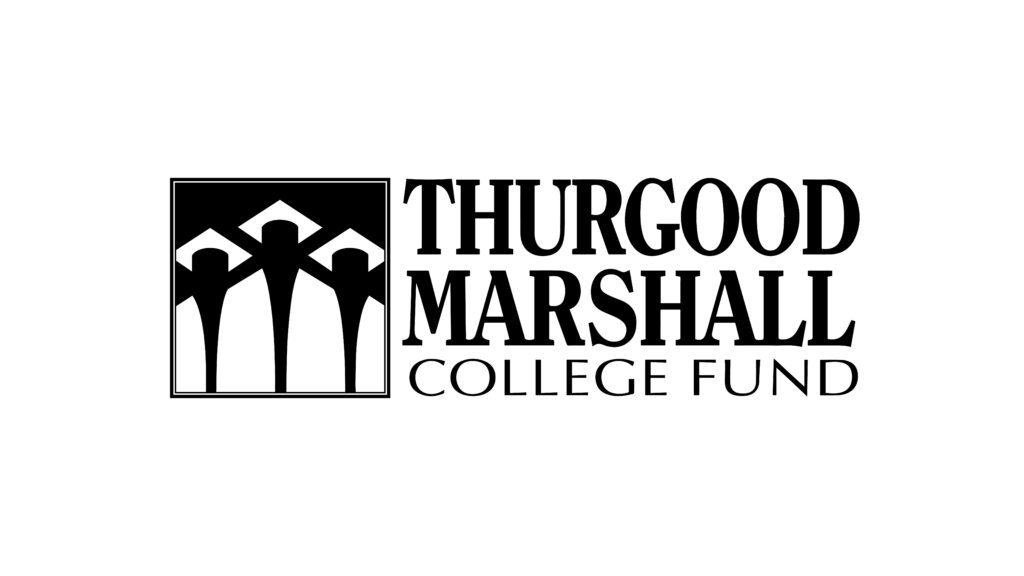Before students were heading back to class and lawmakers heading home for recess, congressional Democrats introduced a legislative proposal — the Aim Higher Act — intended to ensure students a path to a debt-free degree or certificate.
The legislation attempts to address the financial struggles entangling students — and sometimes their parents.
The measure would:
- Invest in federal student aid, helping make public college more affordable.
- Crack down on predatory for-profit institutions that target students and veterans with costly but poor-quality educations.
- Invest in teachers with training to improve education.
- Protect and expand the Public Service Loan Forgiveness program to simplify the loan process and make loans easier to repay.
Meanwhile, the Republicans’ PROSPER Act would cut nearly $15 billion from federal student aid programs and shift about $9 billion in federal money toward predatory, low-quality, for-profit programs.
In addition, the GOP legislation does not deal with the cost of going to college.
The Democrats released their bill with endorsements from dozens of groups and education leaders, including the American Federation of Teachers and National Education Association, American Association of State Colleges and Universities, the School Superintendents Association, Association of Young Americans, American Association of Community Colleges and the Thurgood Marshall College Fund.
In its endorsement of the Aim Higher Act, the Young Invincibles said the legislation invests in “free community college tuition, increased aid to start combatting crippling levels of student debt, a more borrower-friendly student debt repayment process and expanded student support systems like affordable childcare for student parents.”
A Pew Research Center report estimated borrowers’ 2017 student-loan debt at $1.3 trillion. Other estimates put the debt at about $1.5 trillion.
People under the age of 50 hold nearly 85 percent of the debt but borrowers over age 60 is the age demographic growing the fastest.
One Wisconsin Now, a group that calls Gov. Scott Walker the “worst governor in America for the student-loan debt crisis,” reported earlier in August that the number of Wisconsin borrowers over age 60 rose by 48 percent and their debt increased by 45 percent between 2012 and 2017.
“Student loan debt is a clear and present multi-generational danger to the Wisconsin economy,” said One Wisconsin Now program director Analiese Eicher in a statement encouraging Democrats to talk more about student debt.
A poll of 1,116 registered Wisconsin voters conducted by Public Policy Polling in late 2017 for One Wisconsin Now found 79 percent support “a plan to allow student loan borrowers to refinance their loans, just like you can with a mortgage.”
By Lisa Neff
Wisconsin Gazette



